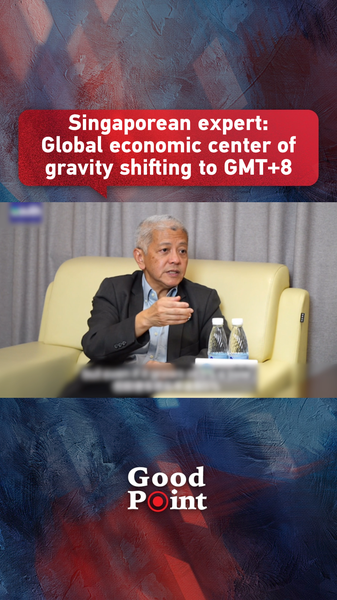As the global economic landscape undergoes seismic shifts, Singapore-based economist Danny Quah predicts the world's economic center of gravity will settle firmly within the GMT+8 time zone by mid-century. In an exclusive interview, the Lee Kuan Yew School of Public Policy professor highlighted Asia's rising influence amid shifting growth patterns.
Eastward Momentum Reshapes Global Dynamics
Quah emphasized that while China's growth has moderated from its double-digit peak, its sustained contributions to global GDP remain pivotal. "The East continues to demonstrate remarkable resilience," he noted, pointing to long-term developmental trends favoring Asian economies. This shift coincides with relative declines in Western economic dominance, particularly in the United States.
The GMT+8 Advantage
The GMT+8 zone—spanning major economies like the Chinese mainland, Singapore, and Malaysia—is poised to become the nexus of global commerce. Quah's analysis suggests this geographic cluster will drive innovation, trade flows, and financial market activity as early as 2050.
For investors and policymakers, this projection underscores the need to understand Asia's evolving economic architecture. Academics highlight the implications for supply chain strategies and cross-border collaboration, while diaspora communities watch how these changes might reshape cultural and commercial ties.
Reference(s):
cgtn.com








